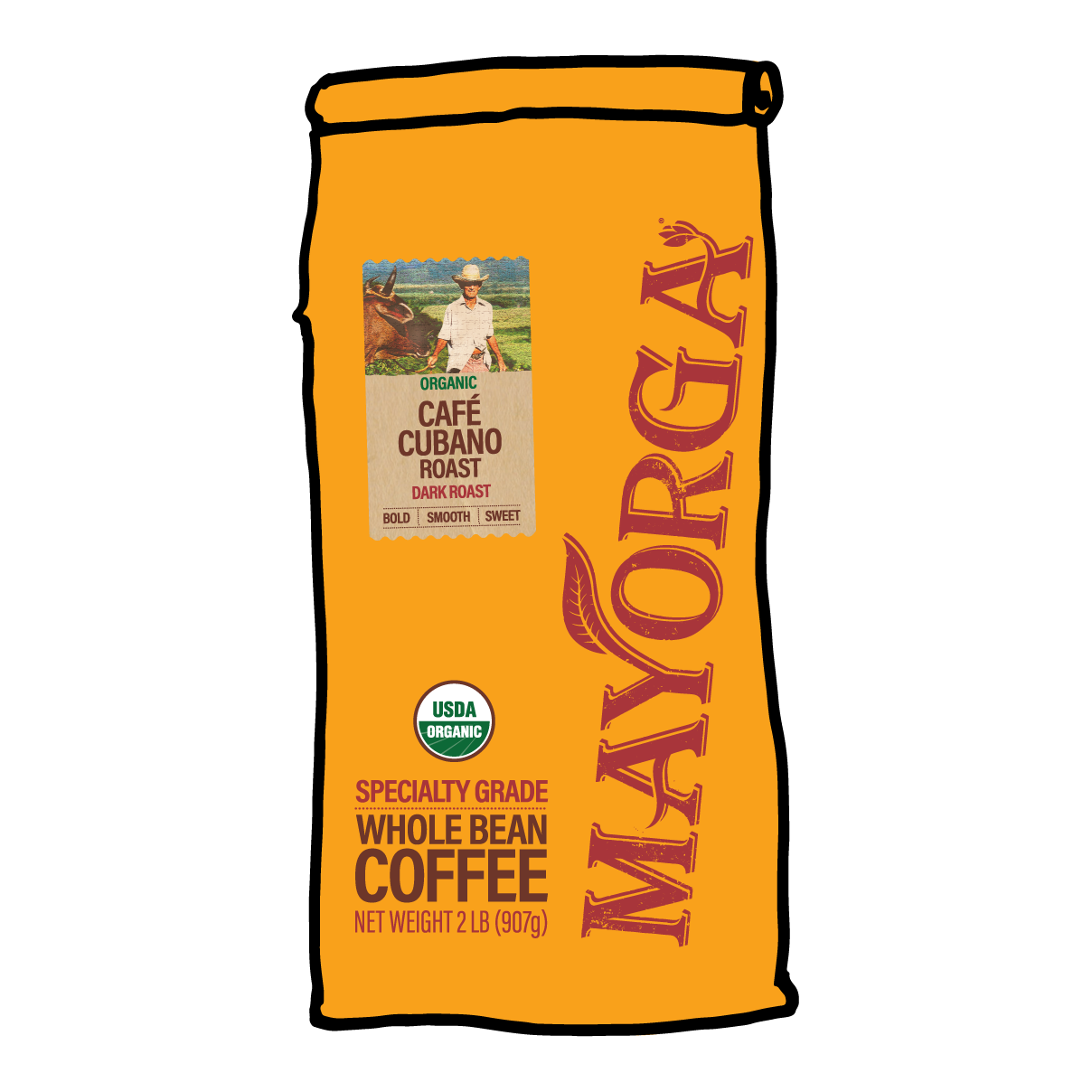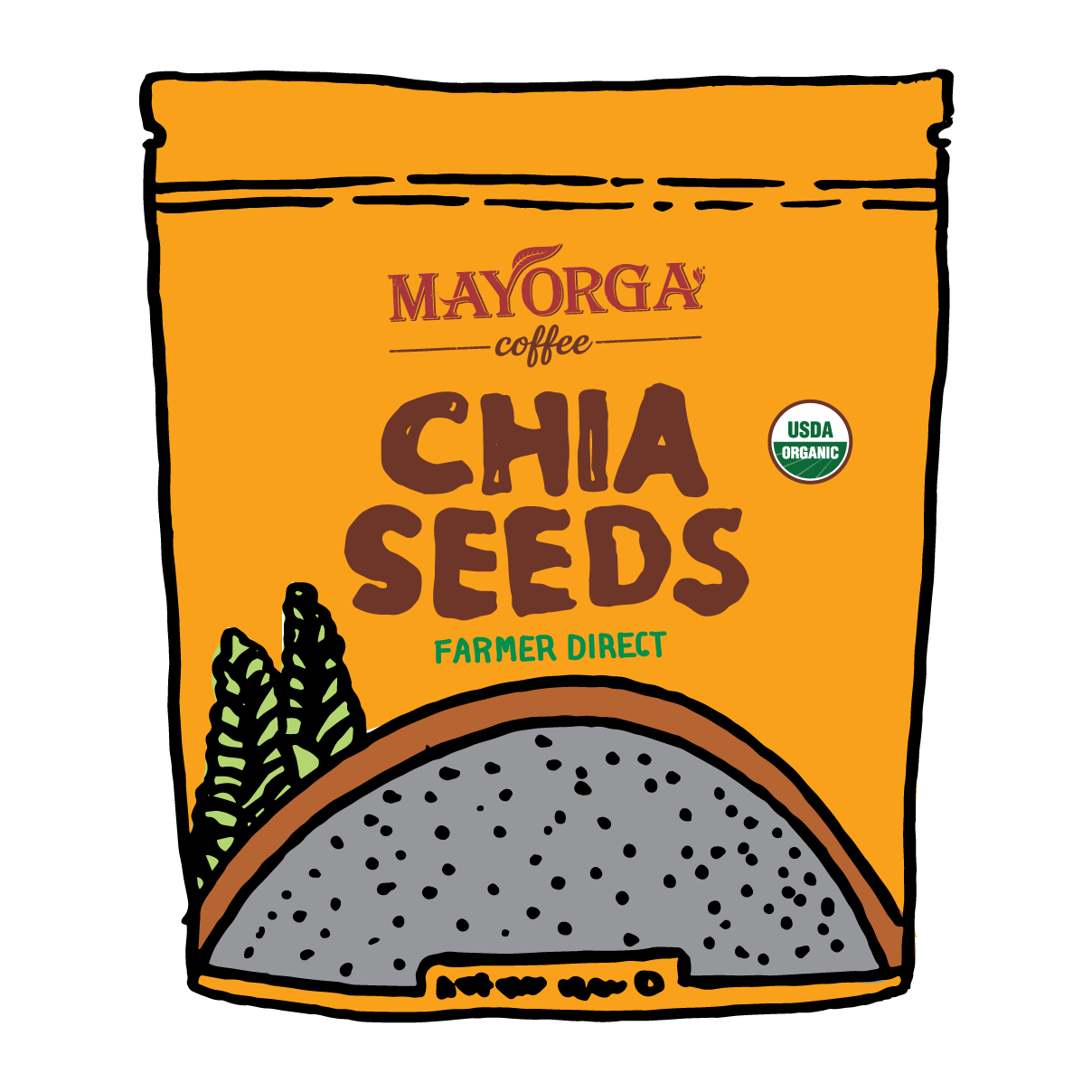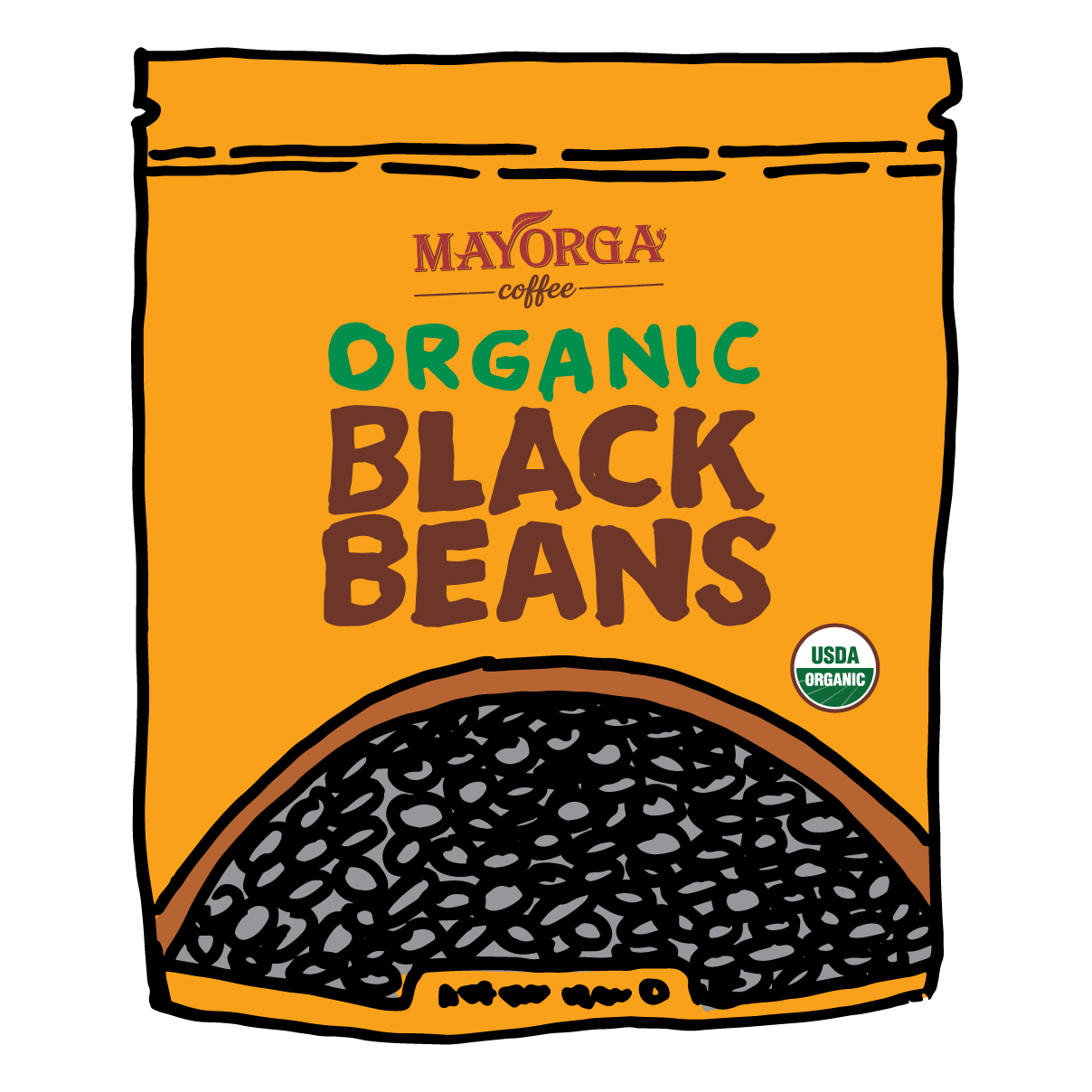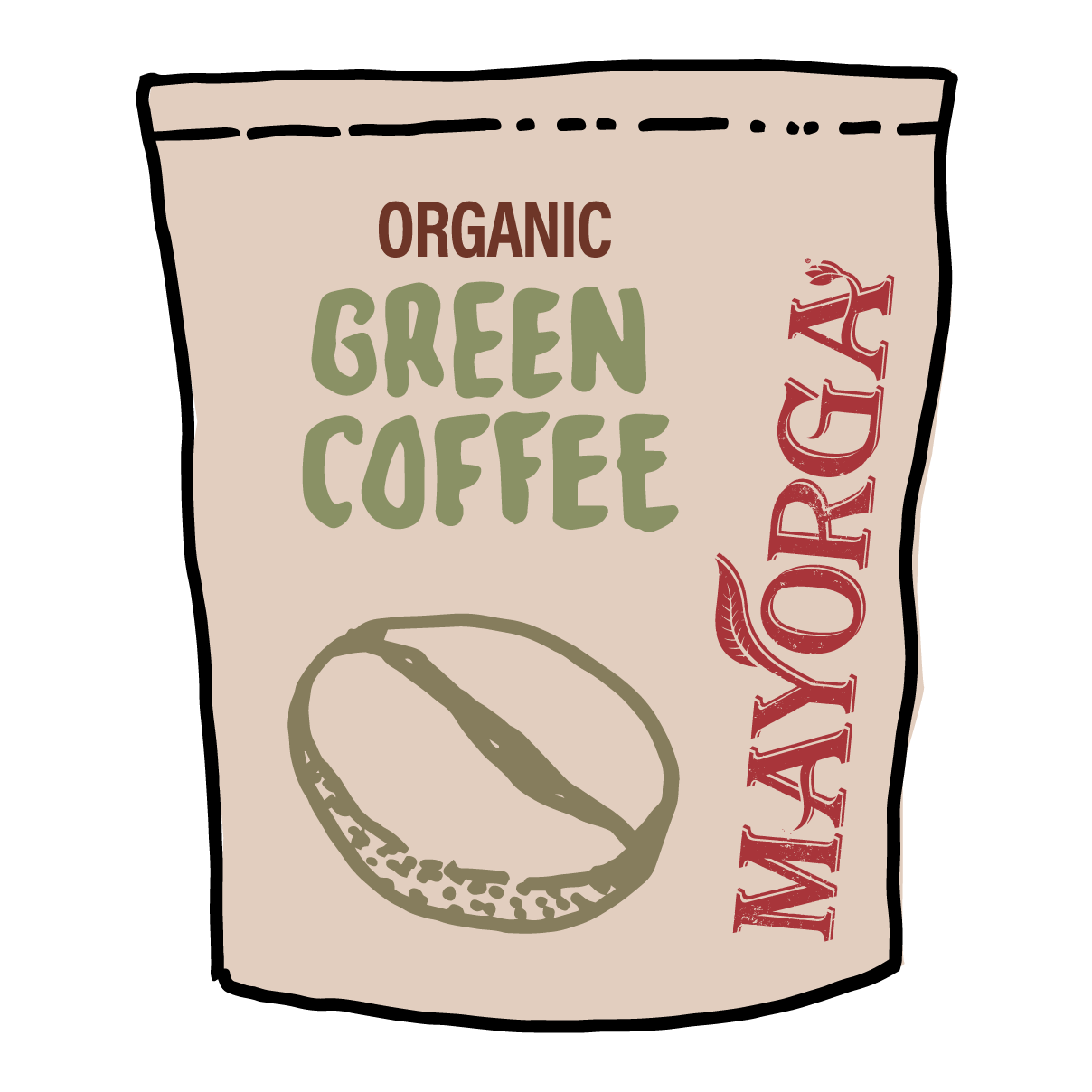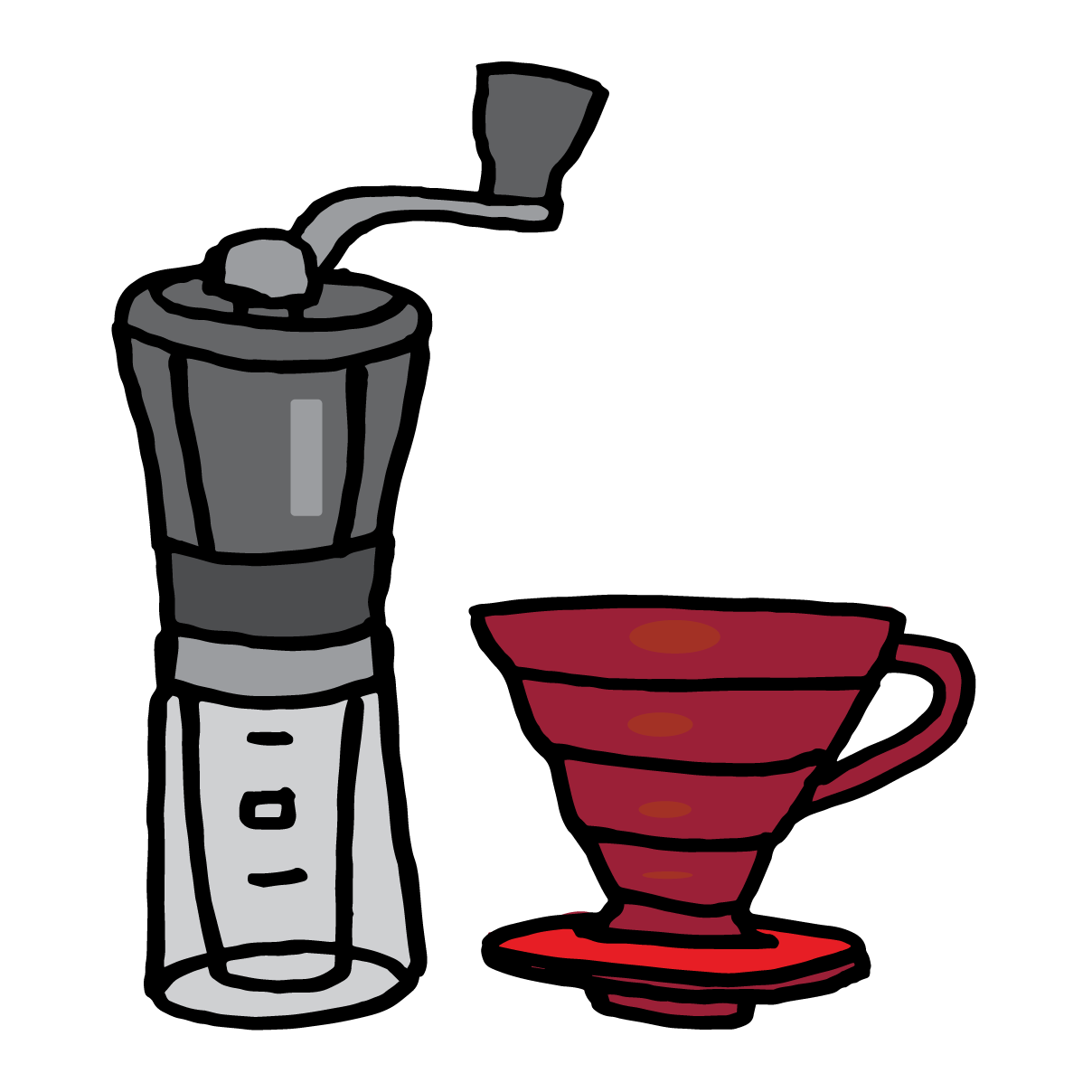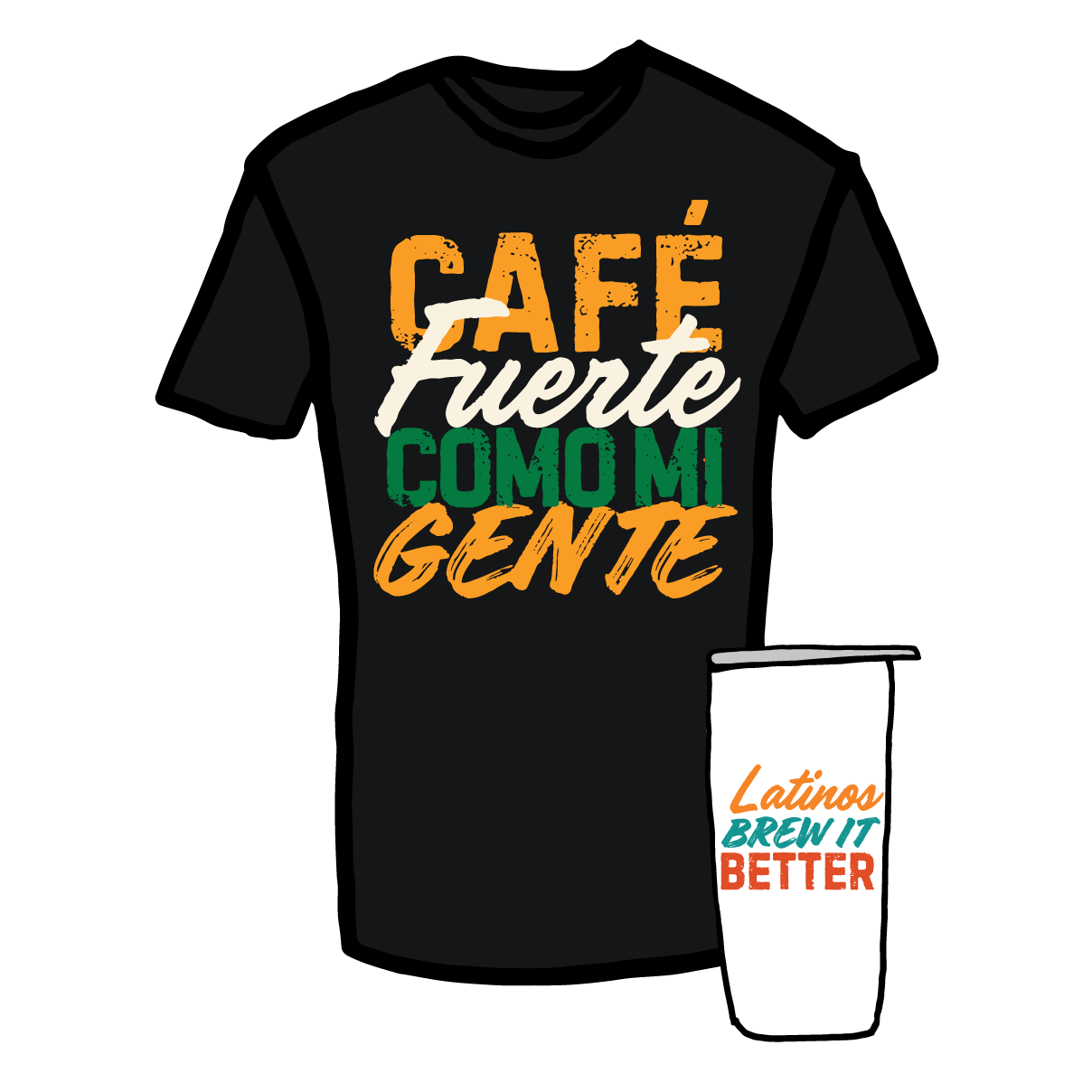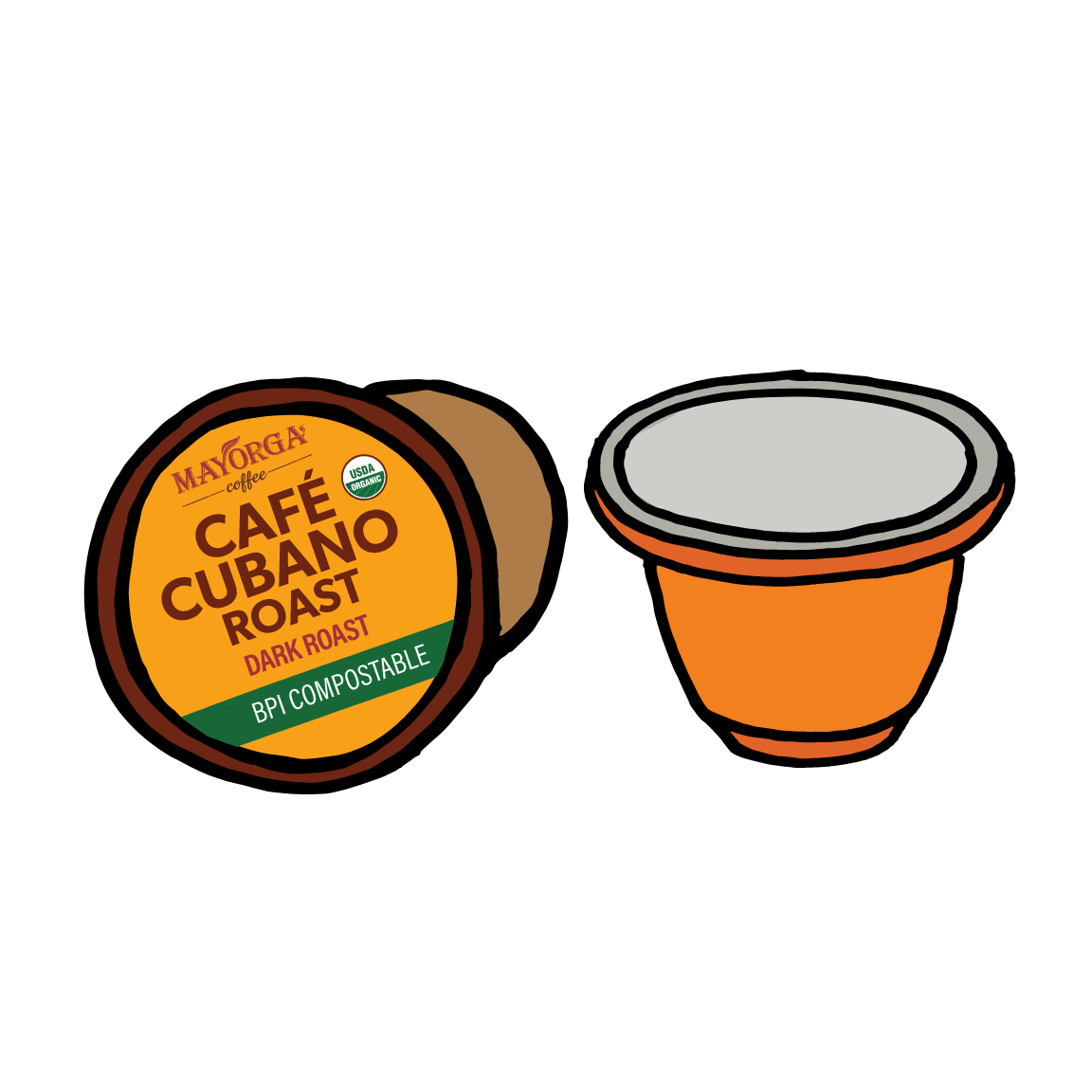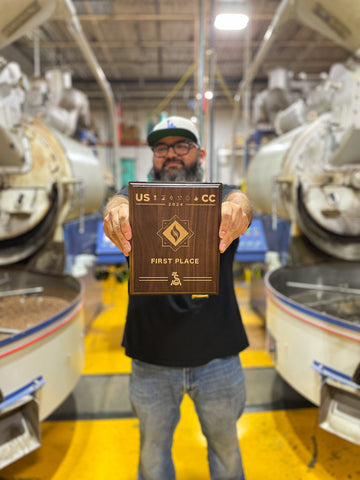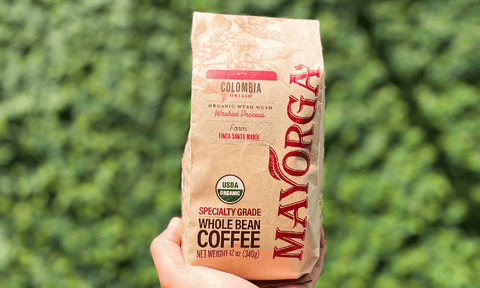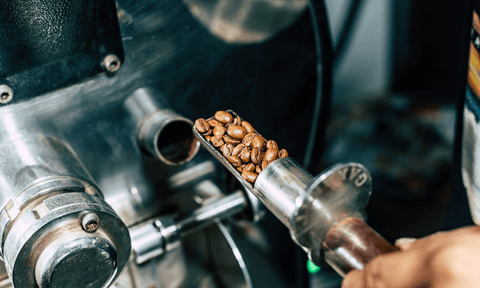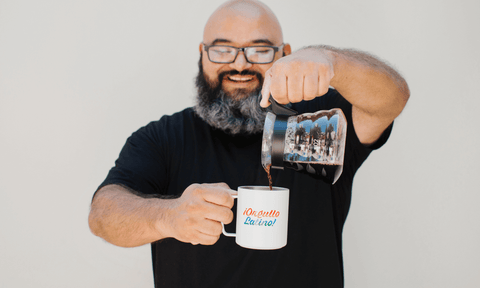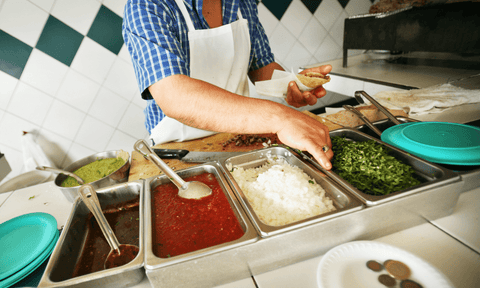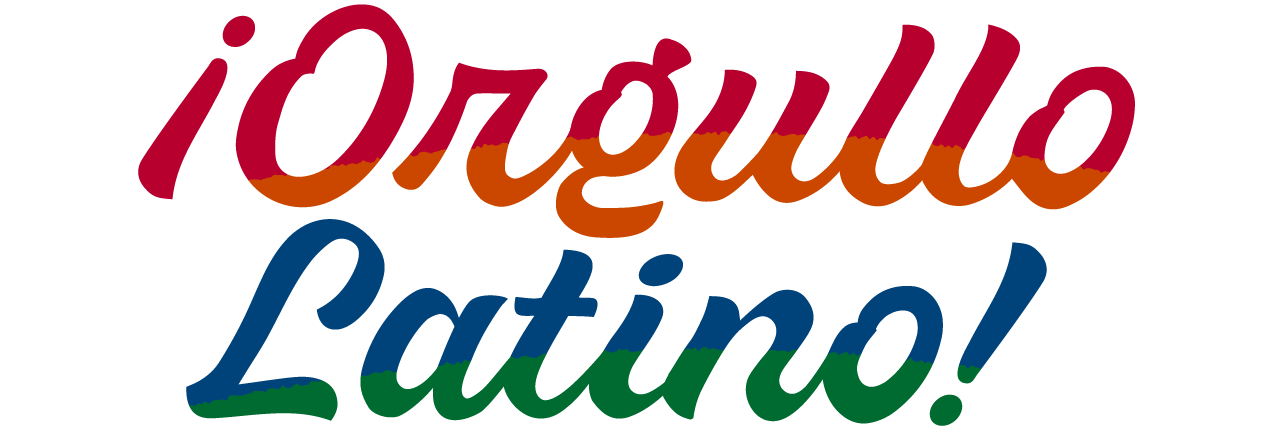Swiss Water has transformed perceptions around decaf coffee. But how is organic decaf coffee actually made?
Gone are the days when decaffeinated (or decaf) coffee was seen as an easy source of derision. People have, at last, quite literally woken up and smelled the coffee – and they've discovered that decaf tastes just as good.
Jump to:
Across the US and Europe, specialty decaf consumption now represents an estimated 8.7 billion cups annually. And with an incoming generation of new and younger coffee drinkers, the market is expected to grow at between around 8% per year over the next five years.
A large part of this trend is down to innovative ways of removing caffeine from coffee. A century ago, the decaffeination process was limited to one or two techniques, which affected the coffee’s characteristics and often failed to remove all of the caffeine.
Now, thanks to the genius of the Swiss Water process, decaf coffee not only tastes just as good as its caffeinated counterpart, but also contains less than 0.2% of the caffeine. It is also safe and healthy, providing a drink that doesn’t risk keeping you awake if you consume it late into the afternoon.
But exactly how is decaf coffee made? And why is the Swiss Water process so groundbreaking?
The Rise of Swiss Water
Once upon a time, the world of decaffeinated coffee was dominated by a method known as "solvent-based decaffeination."
This method involved using chemicals such as methylene chloride or ethyl acetate to remove the caffeine from the coffee beans. However, concerns about the potential residual taste and health effects of these chemicals prompted the search for alternatives.
As well as looking for a more organic way of decaffeinating the beans, pioneers also prioritized taste, as many claimed that solvent-based methods changed the inherent characteristics of the coffee and made it difficult to discern the impact of factors such as terroir.
Enter Swiss Water Decaf. This innovative method of decaffeination – also known as “direct caffeine extraction” – uses only water and a proprietary carbon filter to remove the caffeine from the coffee beans. This results in a decaffeinated coffee that retains more of the original flavor and aroma of the bean, while also being free of any chemical residues.
The Swiss Water Decaf process was discovered in the 1930s in Schaffhausen, Switzerland.
However, it wasn’t until the late 1980s that it gained popularity after being commercialized by the Swiss Water Decaffeinated Coffee Company Inc.
Its popularity didn’t take long to grow, as more and more coffee drinkers appreciated the natural taste of Swiss Water Decaf coffee and the fact it removed 99.9% of the caffeine.
As demand for Swiss Water Decaf increased, more and more coffee roasters began to offer it, helping to change perceptions around what decaf coffee stood for.
Today, the process is known for being one of the most gentle methods of decaffeination, preserving the coffee's origin character, flavor, aroma and body.
As such, it is not uncommon to find Swiss Water Decaf organic coffee on the menus of coffee shops and at roasters around the world, such as Mayorga Coffee.

How Is Caffeine Removed From Decaf Coffee?
The Swiss Water Decaf process is chemical-free and 100% water-based.
It begins by immersing the green coffee beans in water that has been saturated with coffee components, but without the caffeine (known as green coffee extract, or GCE). This ensures that the beans will only lose their caffeine molecules, and not their flavor.
The solution is heated so the coffee beans swell, and become porous. The caffeine molecules move out of the swollen coffee and into the GCE through osmosis, while the volatile compounds that affect things like flavor and aroma are preserved.
The beans are left in the GCE for 8-10 hours until they reach a 99.9% caffeine-free level.
After the beans have been decaffeinated, the GCE is filtered through activated charcoal to remove any remaining caffeine. The GCE can then be reused for multiple batches of beans, making the process highly efficient and sustainable. The GCE water is constantly monitored to ensure that the decaffeination standards are met.
Once the beans have reached the desired caffeine level, they are dried, roasted, and packaged, ready for shipment to customers. The Swiss Water Decaf process results in a high-quality, flavorful coffee with minimal waste and environmental impact.
Where to Find the Best Decaf Coffee
Swiss Water has made finding decaf coffee simpler than ever. For many, it now serves almost as a signpost for quality organic coffee with all its original characteristics intact.
However, when it comes to finding the best decaf coffee, there are still some important questions to ask:
The rise of Swiss Water Decaf is a testament to the importance of taste and health in the coffee industry. It shows that even in the world of decaffeinated coffee, quality and natural processes can still prevail.
At Mayorga Coffee, we are proud to offer two of the best organic decaf coffees on the market: Decaf Café Cubano Roast and Decaf Honduras Capucas.
Both are made using the Swiss Water process, ensuring that the caffeine is removed without the use of chemicals or artificial ingredients.
